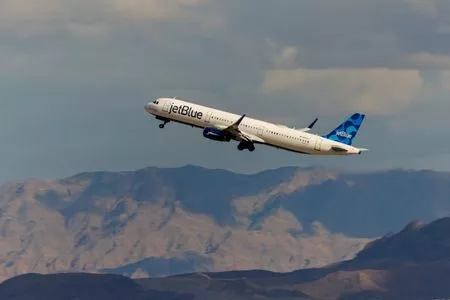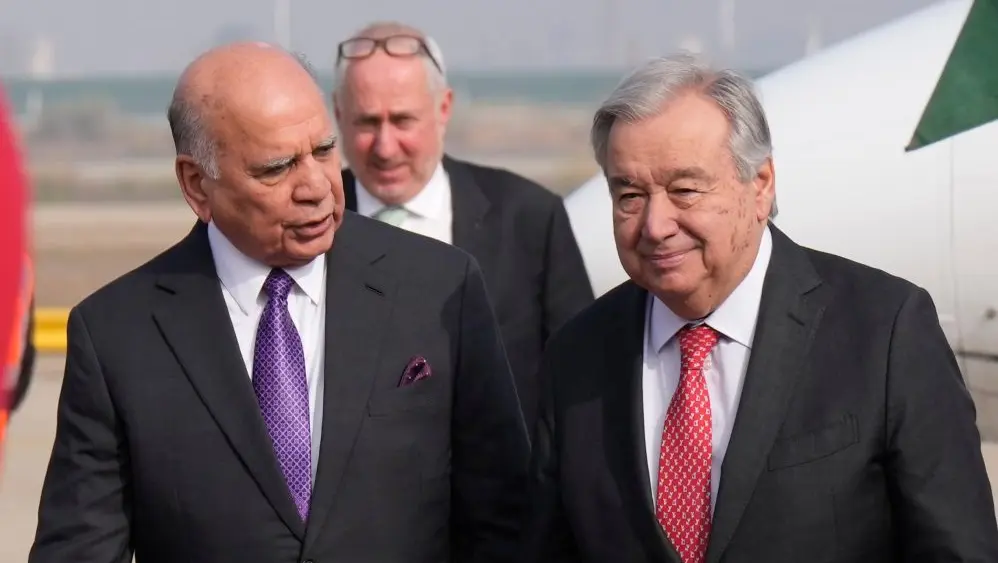By Rajesh Kumar Singh
CHICAGO (Reuters) -A slump in travel demand due to President Donald Trump’s trade war has left all U.S. airlines reeling, but the pain is most acute at budget carriers.
Southwest, Frontier and JetBlue all saw sharp declines in their operating margins in the first quarter. In comparison, margins at Delta and United Airlines held up, despite faltering consumer demand.
As the odds of slower economic growth and higher inflation rise, the margin gap between budget and full-service airlines is expected to widen further. This will potentially mark a shift from previous downturns, when low-cost airlines led by Southwest outperformed the market.
Analysts say a surge in demand for premium travel and the growing value of customer loyalty programs have handed an advantage to full-service airlines.
Budget carriers, meanwhile, have been struggling to return to sustained profitability after the pandemic.
Domestic flight schedules for the current quarter reflect the changed industry landscape. Low-cost airlines are slashing capacity, or available seats, to protect their margins. In contrast, United and Delta have added flights and are taking bookings at lower fares.
Analysts and industry officials say full-service airlines are working on a two-pronged strategy – prevent the loss of customers due to a shortage of seats and steal customers from budget rivals.
“Much like how Southwest used to emerge stronger through downturns, this time we basically think it’s United’s turn, it’s Delta’s turn,” said Jamie Baker, an analyst with JPMorgan.
Demand for high-end travel has been booming, and Delta, United and Alaska Airlines have made big investments to seize on it.
Premium revenue accounts for 41% of Delta’s passenger revenue, up from 35% in 2019.
With airlines generating more revenue from high-end leisure travelers, their reliance on business traffic has been reduced. United last month said the share of corporate travel in its passenger revenue is well below pre-pandemic levels.
Bolstering the outlook, Bank of America data shows spending and earnings of higher-income households are still growing.
“The premium orientation shift that’s happened in the industry … is going to be durable,” Alaska’s Chief Financial Officer Shane Tackett told Reuters.
PULLBACK IN DISCRETIONARY TRAVEL
Budget airlines have been trying to tap into the high-end travel market, but their investments and offerings pale in comparison with those of full-service rivals.
Low-cost carriers mainly rely on price-sensitive leisure customers and serve the U.S. domestic market. But consumer spending is weakest among lower-income households, and the United States is currently the softest travel market.
Airlines are mostly losing money in the domestic market. United and Delta, however, are leaning on strong demand for long-haul international flights to shield their margins.
Industry officials say a shortage of wide-body jets will likely underpin fares. United has forecast growth in its second-quarter revenue per available seat mile, a proxy for pricing power, in all international markets.
A vast international network as well as premium product offerings are also helping legacy airlines attract more high-value travelers to their loyalty credit-card programs, producing billions of dollars in quarterly revenue.
The more customers spend, the more miles they earn and the more credit-card-issuing banks pay to airlines. Delta’s remuneration from American Express in the March quarter was equivalent to nearly one-fifth of its passenger revenue.
“It’s one thing to be able to produce a premium seat, it’s another to get customer loyalty,” said Delta President Glen Hauenstein.
PROFIT STRUGGLE AT BUDGET AIRLINES
During the 2001 and 2008 downturns, Southwest’s brand loyalty among customers helped it defy broader industry trends and generate profits. The airline is now grappling with lackluster earnings.
A runup in operating expenses has fueled pressure to find new revenue streams, forcing the company to abandon some of its unique passenger-friendly policies.
Ben Thomas, a 34-year-old Dallas-based marketing executive, said he is considering ditching Southwest and flying with American after the company scrapped its no-bag-fee policy.
“This change has the potential to make travel way more expensive,” Thomas said.
Southwest recently said it had seen no evidence of customers choosing rivals following its recent policy changes.
Other budget carriers are also in a funk. Spirit just exited bankruptcy. Frontier has posted positive operating margin just once in the past five years.
Still, Frontier CEO Barry Biffle scoffed at the suggestion that full-service airlines would outperform low-cost carriers.
Biffle attributed the post-pandemic troubles of low-cost airlines to excess supply of domestic seats. He argued that a recession would hammer corporate travel and force customers to trade down, hurting legacy airlines and driving up business for budget carriers.
“It’s not a business model story,” he told Reuters. “It’s your concentration of geography.”
(Reporting by Rajesh Kumar SinghEditing by Rod Nickel)
Brought to you by www.srnnews.com








